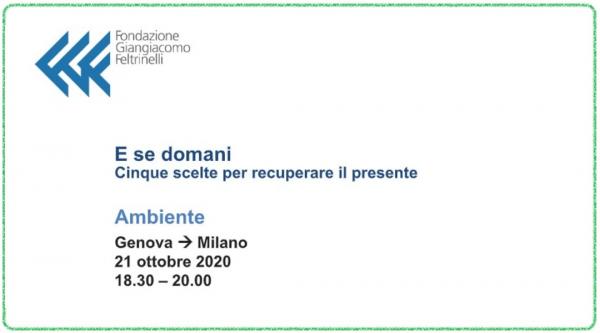
We live in a complex and interconnected world: when a balance is shifted, even if only slightly, everything must somehow be rearranged. The coronavirus epidemic has clearly explained this concept to us by knocking on the door: we must find a way that leads to a form of balance between man and nature and to a trade-off of the needs of both. We must find a way out of the purely anthropocentric approach of our social and economic models and we must welcome points of view that help us understand the complexity and interconnections that, in contingency, bind man to the reality of the surrounding environment. The fragility of natural ecosystems and human ecosystems is evident in the territorial criticalities that jump out at every change in climate or weather. The dynamics of reaction to these forms of fragility and vulnerability, therefore, are of great importance and of great urgency. The vulnerability of the ecosystem involves man and the vulnerability of man ends up modifying ecosystems: this issue and these relationships must enter public policies in a key of mutual care and respect. But how? What relationships must exist or be built between ecosystems, communities and policies? What new pact between man and the environment will be able to support development opportunities that facilitate compliance with natural dynamics and human urgencies?
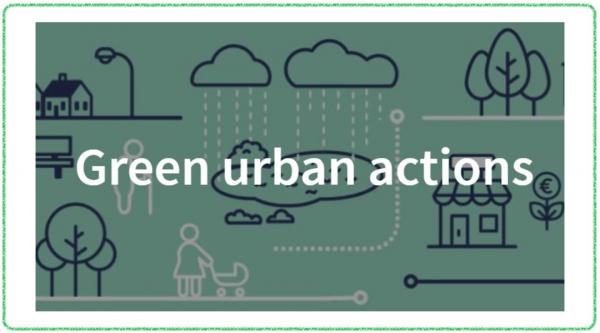
Speakers from different parts of Europe, including two from Slovenia, agreed that good cooperation between everyone, from citizens to decision-makers, is essential to address climate change properly. Local communities must ensure effective participation of the population, public and private actors, cooperation between sectors and the development of appropriate solutions at local level, while activities at higher levels, regional, national and international, remains very important. They can benefit from the knowledge and experience from other comparable environments. The presented examples opened a number of relevant questions for Slovenian cities and municipalities, such as energy efficiency and social housing, care for clean air through public passenger transport and awareness raising among owners of individual fireplaces and resilience of coastal towns to hazards such as sea level rise, tides and floods, landslides and heat waves that accompany climate change.
In 2013 the UN General Assembly designated the 31st of October as World Cities Day. From then on, this is the ideal moment to reflect on our cities and think about their future. In recent months, as a consequence of the public health crisis caused by COVID-19, life in our cities has changed drastically. And all these changes are transforming citizen’s day-to-day in all cities around the world like never before. To reflect on these issues, on Friday October 30th and within the framework of the Urban Agenda, Murcia City Council has organized a dialogue with other cities in different European countries, to address challenges, responses and good practices of local governments concerning citizen centred projects caused by the coronavirus crisis.
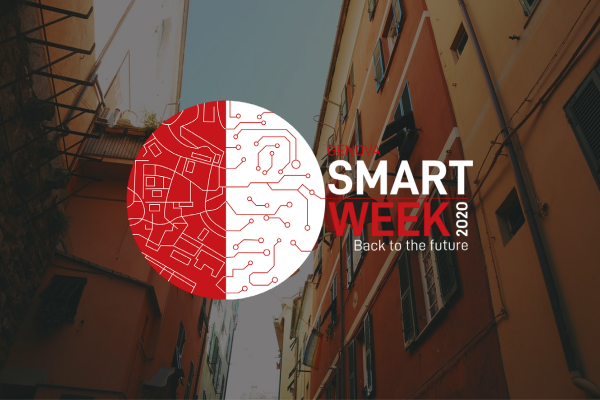
All the big cities of the Western world are facing the flowing back of the past wave of heavy industrialization from their territory. It is not just about the redevelopment and reuse of industrial areas, but also about recovering attention to the built rather than to new developments. Historic districts and peri-industrial suburbs often share a destiny of decline. The answer is the urban regeneration of areas and neighborhoods which, under public coordination, are not an end in themselves but are the fundamental step towards the rebirth of the entire city.
World Heritage status is increasingly being recognized as an effective factor for generating development opportunities for communities and territories, as defined by the United NAtions 2020 Agenda. With the Indicators Culture | 2030 document, Unesco, at the end of 2019, prepared a new tool to measure the ability of culture to affect these processes. In this context, the panel, organized by Fondazione Santagata intends to present and confront some of the most significant experiences from world heritage sites.
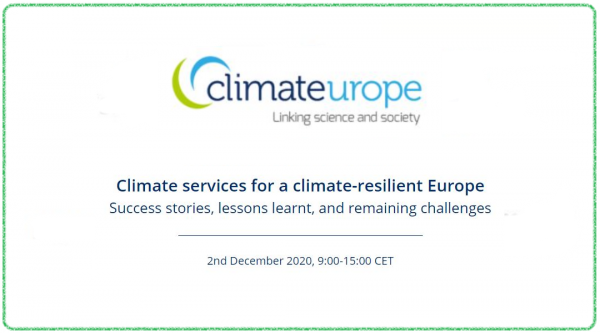
In the context of the European Green Deal, the new EU Adaptation strategy and the Horizon Europe Adaptation Mission, this workshop will: - Showcase the added-value and potential of climate services to mainstream adaptation across several sectors and different levels of decision-making. - Discuss barriers to full deployment of climate services, including institutional and legal issues, market barriers and capacity gaps. - Share lessons learnt and best practices, in view to overcome existing constraints. - Explore means of mobilizing resources for creating impacts at the scale needed to make Europe resilient to climate change. The workshop builds on the results of a portfolio of Horizon 2020 projects, which contribute to the implementation of the European Research and Innovation Roadmap on Climate Services.
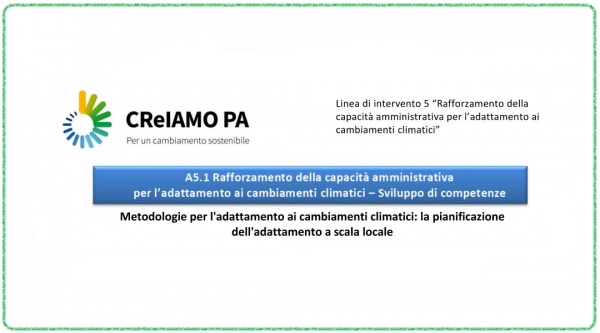
The conference is dedicated to the presentation of the methodology developed by Line 5 of the Creiamo PA Project for the definition of adaptation plans and paths on a local scale, entitled "Methods for the definition of local strategies and plans for adaptation to climate change". The document was developed thanks to a path of discovery of actions and projects activated by Italian cities and European and international collaboration networks that work for the resilience of urban areas and local communities. The spirit of the conference is to present, together with the actors of the initiatives promoted in the field, the contents of the methodological document in order to promote the dissemination of the culture of adaptation to climate change in all sectors of the PA and in society.
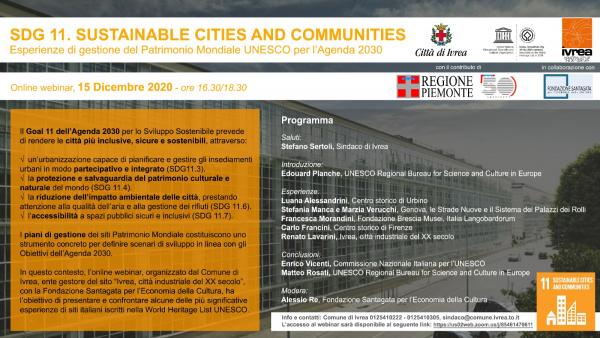
Experience in managing the UNESCO World Heritage for the 2030 Agenda. The Webinar SDG 11. SUSTAINABLE CITIES AND COMMUNITIES is organized by the Municipality of Ivrea, manager of the “Ivrea, industrial city of the 20th century” site in collaboration with the Santagata Foundation for the Economy of Culture. The online seminar represents a first important opportunity for comparison between various Italian World Heritage sites, different from each other, but equally committed to the pursuit of sustainable development of cultural and environmental heritage according to the guidelines of Goal 11 of the 2030 Agenda referring to "Sustainable cities and communities".
Two half days of live online Talks from Copenhagen, Genoa, Hamburg and Lisbon. Let's talk about plastic, wood, WEEE, organic waste and food waste streams in Europe.
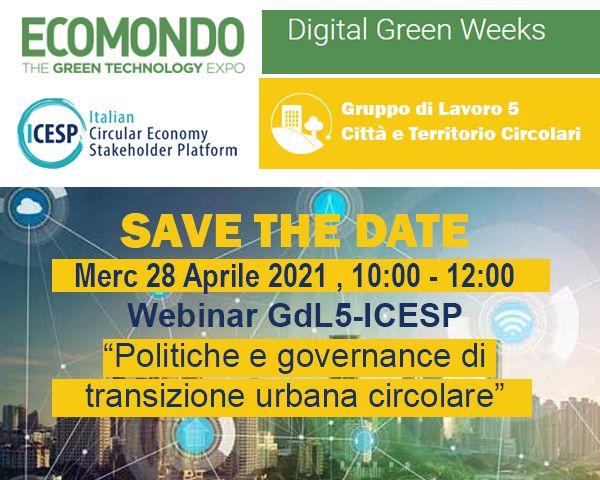
ICESP is the Italian platform of Stakeholders for the Circular Economy, in which numerous actors representing companies, research organizations, central and territorial administrations and local authorities, and civil society, converge within which the Working Group (WG) 5 "Circular City and Territory" operates. This webinar aims to be a moment of in-depth analysis and discussion between the various stakeholders called to intervene, regarding the tools and policies to be implemented for the post-pandemic recovery and to undertake, facilitate and accelerate the process of circular transition in urban and territorial contexts.
